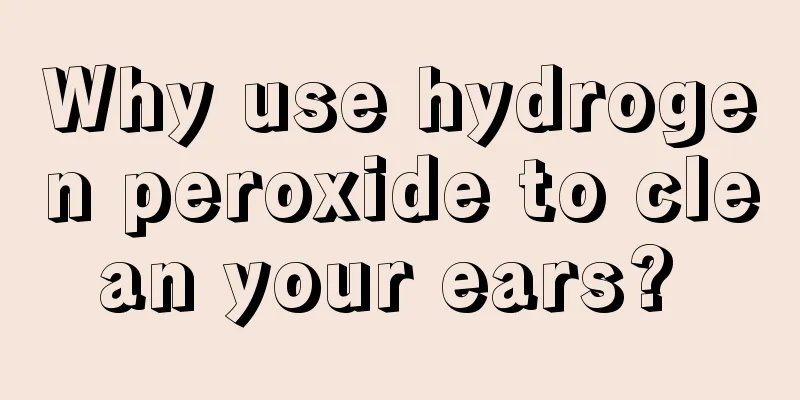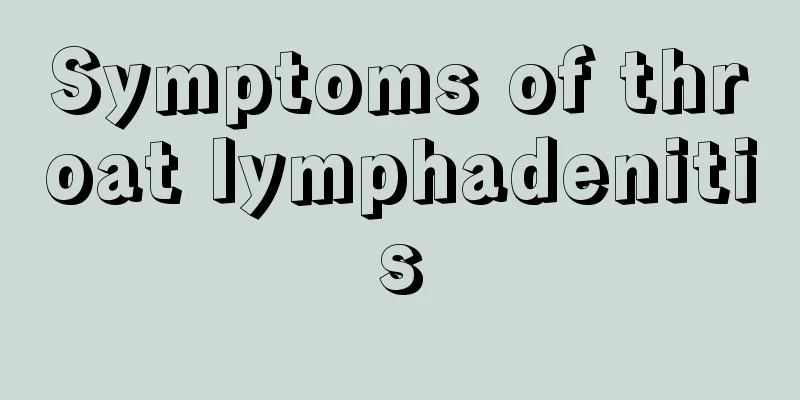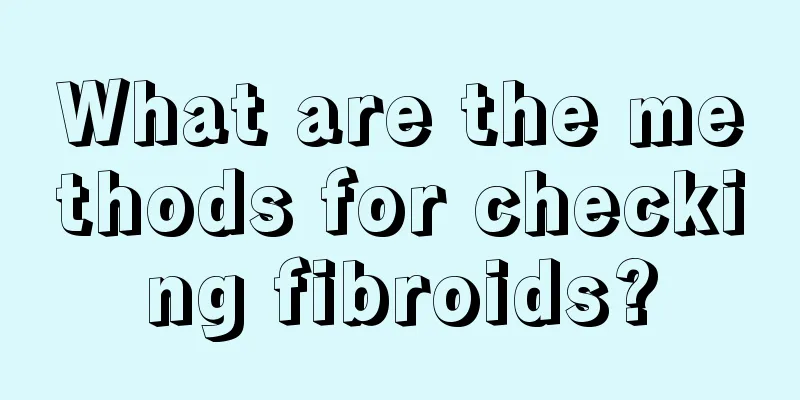Why use hydrogen peroxide to clean your ears?

|
Hydrogen peroxide is a common medicine in life. It has a certain bactericidal effect and many diseases may be treated with hydrogen peroxide. Generally speaking, hydrogen peroxide can also be used to clean the ears. Many times, the ears may experience ear discomfort due to various reasons, and there is also the possibility of ear inflammation. Symptoms like these require treatment to improve. So why do we use hydrogen peroxide to clean ears in clinical practice? 1. Purpose The purpose of washing your ears with hydrogen peroxide is to thoroughly clean the inflamed wound so that the effect of using anti-inflammatory drugs will be better. It is not recommended to use hydrogen peroxide as a routine ear cleaning agent, as this may affect the balance of the external auditory canal's own flora and induce recurrence of inflammation. Otologists often prescribe 3% hydrogen peroxide to patients with otitis media to use for ear washing. Many patients are handed a large bottle of clear liquid and don't know what it is for or how to use it. Some even worry that the hydrogen peroxide may flow into their brains, which is dangerous. The standard Chinese name of hydrogen peroxide is hydrogen peroxide (H₂O₂) aqueous solution, which appears as a colorless, transparent liquid with a faint special smell. Hydrogen peroxide has strong permeability and oxidizing effect. It is often used in medicine to clean wounds and for local antibacterial effects. 2. Ear discomfort Generally speaking, if there is too much earwax, it will be discharged naturally. However, sometimes the earwax is too large and the external auditory canal is blocked, which will cause ear pain, hearing loss, coughing and other discomforts. The ears may also feel swollen, which is more obvious when swimming. Then we can choose appropriate concentration of hydrogen peroxide to disinfect the ears. 3. Note When hydrogen peroxide comes into contact with wounds, pus or dirt on the skin, mouth and mucous membranes, it immediately decomposes to produce oxygen. This oxygen atom that has not yet combined into an oxygen molecule has a strong oxidizing ability. When it comes into contact with bacteria, it can destroy the bacterial cell and kill the bacteria. The remaining substance after killing the bacteria is water that is non-toxic and non-irritating. No secondary pollution will be caused. Therefore, hydrogen peroxide is an ideal disinfectant for wound disinfection. However, do not use highly concentrated hydrogen peroxide to disinfect wounds to prevent burns to the skin and affected area. |
<<: What's the matter with a mole on the ear
>>: What are the skin care steps? Reveal the correct steps for you
Recommend
Will wind-heat cold and wind-cold cause fever
Will wind-heat cold and wind-cold cause fever? Wh...
Can patients with gallstones drink tea?
Patients with gallstones should pay attention to ...
What is the difference between tonsils and lymph nodes?
As we all know, tonsils and lymph nodes are locat...
Symptoms of Alzheimer's disease
Common symptoms of Alzheimer's disease includ...
Is it good to inject sodium hyaluronate for knee pain?
There is no effect of injecting sodium hyaluronat...
Does fatty liver hurt? These symptoms are the most common
Nowadays, people are very likely to get fatty liv...
Why does stinging and redness occur when using skin care products?
Skin care products are commonly used beauty and s...
What harm does smog do to the body
With the rapid increase in the number of private ...
Is there something like rice in your throat?
If there are rice-like objects in the throat, it ...
What are the effects and combinations of various scented teas? The benefits of drinking various scented teas
Spring is here, the Yang energy rises, and it is ...
The early symptoms of skin cancer will become erosive ulcers
Early symptoms of skin cancer cause deformity and...
What are the causes of dull pain in the upper left abdomen
There are many important organs in the abdomen, i...
The role of cooked eggs
In some places, eggs are called chicken eggs or c...
Will I inherit my father's hair loss?
As they age, many people face the problem of hair...
What does Cocamidopropyl Betaine do?
Cocamidopropyl betaine is a type of surfactant an...









